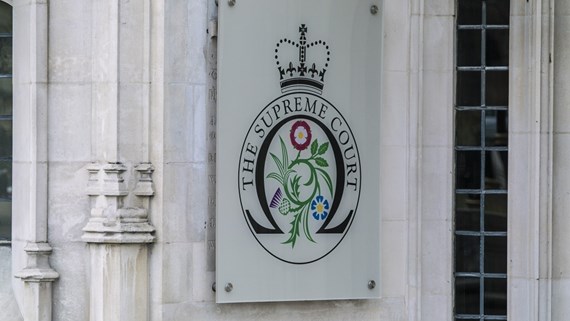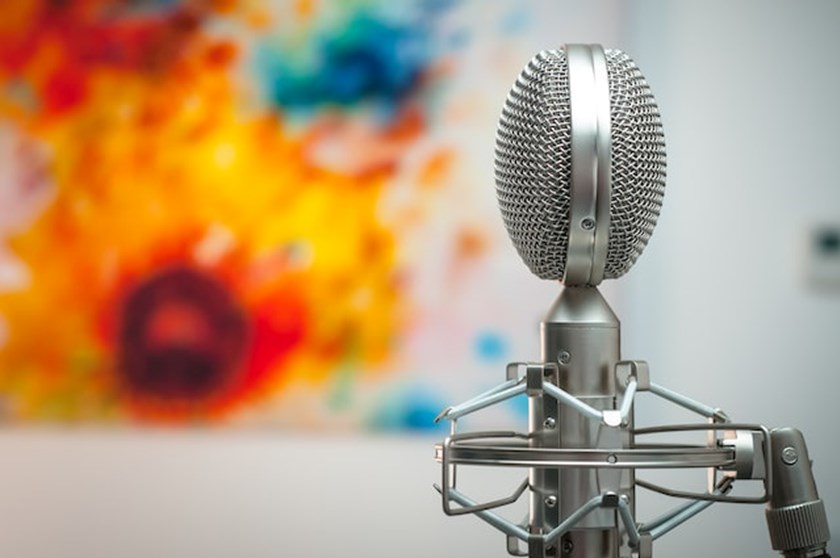Supreme Court Case - Inventor compensation
Blog

It’s not every day that intellectual property and employment matters meet in the Supreme Court. However, this month the Supreme Court awarded an inventor of a diabetes kit £2 million in compensation for the benefit that his employer derived from his pioneering system for measuring the concentration of glucose in blood and other liquids.
Professor Shanks, who built the first prototype of his invention in the Eighties using Mylar film, slides from his daughter’s toy microscope kit and bulldog clips, was employed at the time by a subsidiary of Unilever to develop biosensors. Unilever filed patents for Professor Shanks’ invention (Shanks Patents).
Relevant legislation
The Patents Act provides that an employee can apply to the court for compensation in respect of an invention they have made where (i) the invention has resulted in a patent, and (ii) the invention and / or the patent is of “outstanding benefit” to their employer (having regard to the size and nature of the employer's undertaking). That compensation must be such as to award the employee a “fair share” of the benefit which the employer has enjoyed.
Main issues in the case
- whether the subsidiary or Unilever (the parent company) was the relevant employer undertaking,
- whether the £24.5 million that Unilever as a whole received from the Shanks Patents provided an “outstanding benefit” that would entitle Professor Shanks to an award for his invention — taking into account the size of the relevant employer undertaking, and
- if the benefit was outstanding, what a fair share of that benefit would be.
Decision
The Supreme Court unanimously held that the Shanks Patents were of outstanding benefit to Professor Shanks’ employer and Professor Shanks is therefore entitled to a fair share of that benefit amounting to £2 million. It decided that the issue of who is the employer should be dealt with as matter of fact, so in this case Shanks’ employer was the subsidiary.
What is the benefit?
The benefit of the patent means the benefit in the hands of the employer after the deduction of any costs to the employer of securing that benefit.
The employer’s undertaking
Shanks argued that the relevant undertaking was the subsidiary. Unilever argued that that the relevant undertaking was Unilever as a whole. The Supreme Court decided that neither of these submissions was quite right and that the answer lay in the commercial reality of the situation, establishing that the relevant undertaking in this instance was the expected contribution of the subsidiary to Unilever and not the whole of the Unilever’s business which was more concerned with ice-creams and deodorants.
Outstanding benefit
Ultimately “outstanding” can be given its ordinary meaning, this being “exceptional” or such as to “stand out”. Whether the benefit to the employer is outstanding depends, however, on the context in which this question is to be asked.
The context should include all relevant factors and the assessment of whether a benefit is outstanding should not be limited to a basic comparison of profits generated by the patent to the profits of the employer. In the Shanks case, the fact that patent licensing was not a normal business activity of Unilever was taken into account.
Fair Share
The Supreme Court decided that 5 per cent of the profits received by Unilever through exploiting the Shanks Patents was fair on the basis that Professor Shanks was employed as an inventor so was doing what he was employed to do and because a large part of the profits from the Shanks Patents was due to Unilever negotiating licences which Professor Shanks had no involvement in.
Comment
The Shanks case does not change any substantive point of law, so we do not want to overstate its impact on the vast majority of employers. That said, employers in research and development may take note of the decision for the following reasons:
- it clarifies that large corporations are not necessarily “too big to pay” even if the benefit received from an employee’s invention is small in comparison to the group’s global revenue and profits;
- the courts may be willing to look past a complex corporate group structure to assess the commercial reality of the “outstanding benefit” to determine whether compensation is due to the employee;
- depending on the circumstances, an employer may want to factor inventor compensation into its potential liabilities;
- seeing Professor Shanks’ success in the Supreme Court (albeit after a 13-year struggle through the lower courts), may encourage more employees to apply for compensation under the Patents Act.
Employers cannot contract out of the employee’s right to bring a compensation claim. However, establishing an “outstanding benefit” remains a high bar. Ultimately, the Shanks case should not deter employers from investing in potentially patentable research and development activities by the best inventors available to them.
If you require further information about anything covered in this blog, please contact Natalie Rimmer, or your usual contact at the firm on +44 (0)20 3375 7000.
This publication is a general summary of the law. It should not replace legal advice tailored to your specific circumstances.
© Farrer & Co LLP, November 2019







